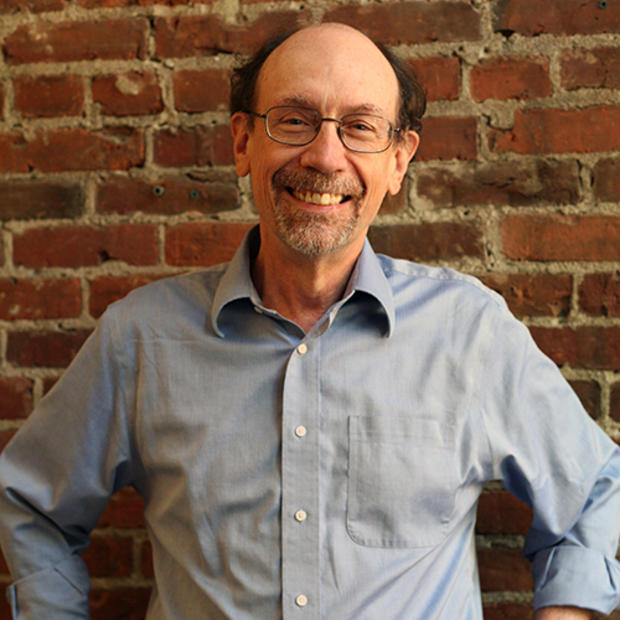In an International District building housing businesses catering to Japanese-speaking clientele—including a restaurant, travel agency and DVD shop—a new operation recently moved in. It’s the Seattle campaign headquarters for Rob McKenna, the Republican candidate for governor.
Not too far away, between the Chinatown International District and the Central District, Democratic gubernatorial candidate, Jay Inslee has opened his campaign offices.
It’s no accident that with the state’s population becoming increasingly diverse, both campaigns have chosen locations that allow them to connect with minority voters and community leaders. U.S. Census figures show that between 2000 and 2010, minority figures rose to about 27.5 percent of the state’s population total, a rise of 6 percentage points. The fastest growth came among people identifying themselves as Hispanic, Asian and multi-racial.
The increase in diversity has, to be sure, been particularly notable in the suburbs, with Bellevue ranking first among cities in the percentage of Asians statewide. But the International District and the Central District remain business and residential centers and cultural reference points for minority populations in the area.
Both campaigns say that placing their offices in the heart of Seattle’s ethnic neighborhoods is about more than outreach and counting votes. It’s also about who the candidates are, how they both have operated in their careers as office holders, and how they would govern if elected to the state’s highest office.
According to McKenna, there was never any doubt about where the Seattle campaign office would be. “I immediately decided to put it in the Chinatown International District,” he said.
In a recent interview, the Republican said: “We have really worked hard on our community outreach. It is a natural extension of the work that I have done as attorney general. We have done a lot to increase our outreach to communities of color.” He cited efforts, including forums and contacts with community leaders, to alert Latino and Asian American communities to ways the Attorney General’s Office can help with such problems as immigration scams and car finance problems. He also noted that, after taking office, he immediately began visiting Native American tribes as part of a goal to visit all 29 of the state’s federally recognized tribes.
McKenna said that while his broad campaign is different than that of any Republican candidate for governor in recent decades, the approach is also about he wants to lead: “This is how I intend to work as governor, to be collaborative, to be inclusive.”
McKenna Communications Director Charles McCray III said, “A lot of people forget that there is a day after Nov. 6 (Election Day). Rob hasn’t.” McKenna and McCray both said he wants to bring people together to address jobs, education and other issues.
Asked about concerns in minority communities about whether he is actually the best candidate on the issues, McKenna said that his effort doesn’t have to convince everyone to be successful. And he noted that jobs and education are concerns to everyone. “These communities are unique but it is also important to remember how much they share with the rest of the state,” McKenna said.
If it’s new for a Republican candidate here to campaign on openness and inclusivity, there is nothing unusual in the Inslee campaign or the Democratic candidate himself, famously outgoing, taking steps to reach out to others. For Inslee, campaign aides said, it’s a natural extension of his work representing people in Eastern Washington in the late 1980s and parts of the ‘90s, and in Western Washington as a member of Congress from Bainbridge Island from 1999 to earlier this year.
Jaime Smith, Inslee’s spokesperson, pointed to Inslee’s work in Congress on issues ranging from immigration to the establishment of the Bainbridge Island Japanese Exclusion Memorial. With more work to be done on the memorial, Smith said, “When he is governor, that is something he can make sure is completed.” She said Inslee has a long record of diversity in his own hiring. Joby Shimomura, who was formerly his chief of staff in his congressional office, heads his gubernatorial campaign. Clarence Moriwaki, a board member of the Bainbridge Island Japanese American Exclusion Memorial Association, served as special advisor to Inslee for several years beginning in 2003.
Unjin Lee, a campaign staffer working on outreach, said she has been particularly struck by the strength of Inslee support from Asian Pacific Islander, African American, Hispanic and Native American communities. “It has been neat to see he has just these longstanding relationships,” she said. In running for state office, Inslee has used meetings with, for instance, groups of minority nonprofit leaders or small business people to get their advice on issues such as the impact of budget decisions on minority communities or the need to know how to compete for state government contracts.
Both campaigns are making use of election materials in various languages to get out their messages on their Web sites and in person. At McKenna’s headquarters, Zhou, a Mandarin speaker, says she has interns who are Cantonese speakers, an asset in the neighborhood, but she says she can understand Cantonese and can always manage to help someone interested in registering to vote. She said the community reaction to the office has been warm. “Actually, somebody just dropped off flowers for me this morning,” she said.
For Inslee, even the campaign headquarters has served to emphasize the longstanding ties across various communities. The campaign’s Seattle headquarters, along with the Obama campaign office, sits in a building that long housed the Center for Career Alternatives, the award-winning nonprofit where Alan Sugiyama developed job programs across ethnic lines. Lee said people with community ties have no trouble finding their way to Inslee’s office, knowing immediately where to go when they hear it is in “Alan’s old building.”
This story was written in conjunction with the International Examiner, a Crosscut partner, which published it in its July 4 edition.


